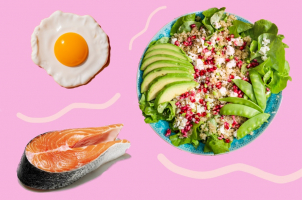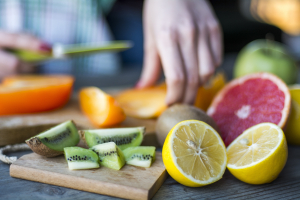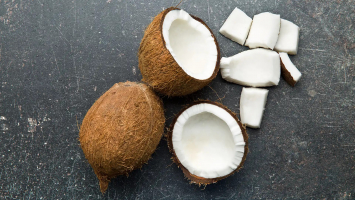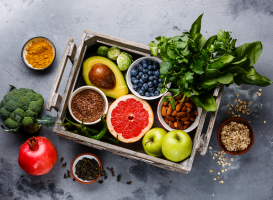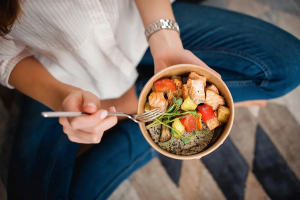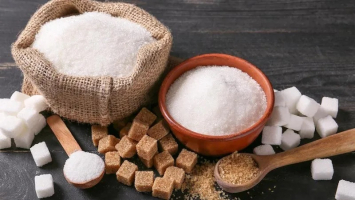Top 10 Reasons Why Real Foods Help You Lose Weight
It's no surprise that the fast rise in obesity coincided with the spread of more highly processed foods. Despite being handy, highly processed foods are heavy ... read more...in calories, lacking in nutrients, and increase your risk of many diseases. Real foods, on the other hand, are incredibly nutritious and can help you lose weight. Below are some of the Reasons Why Real Foods Help You Lose Weight!
-
A good amount of vitamins and minerals may be found in whole, unprocessed plant and animal foods. On the other hand, processed foods are deficient in micronutrients and raise your chance of developing health problems.
Many factors might cause processed foods to hinder weight loss. For example, since iron is needed to transport oxygen throughout your body, a diet high in processed foods that is deficient in iron may affect your ability to exercise. Your ability to burn calories through exercise would be limited. By causing you to feel less satisfied after eating, a diet lacking in nutrients may also hinder you from losing weight. In one study, 786 participants were compared to see how full they felt on a high-micronutrient diet vs a low-micronutrient diet. Even though they consumed fewer calories on the high-micronutrient diet than they did on the low-micronutrient diet, over 80% of participants reported feeling fuller after meals.
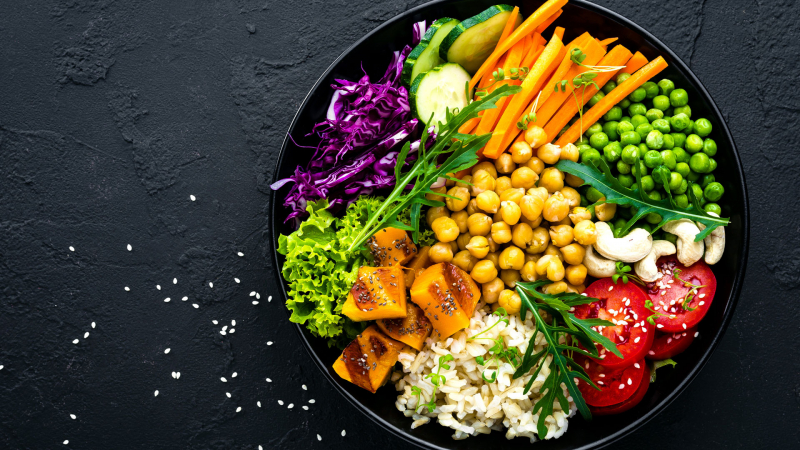
Real Foods Are Nutritious 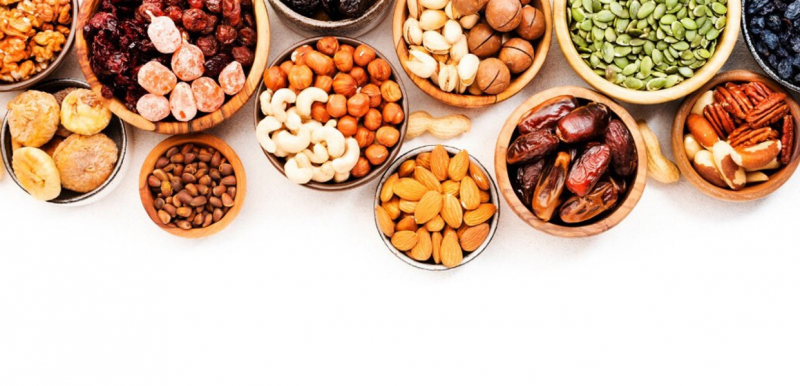
Real Foods Are Nutritious -
The most crucial nutrient for fat reduction is protein. In terms of protein, what you eat is just as important as how much you eat. Since real foods aren't heavily processed, they are a greater source of protein.
Some essential amino acids may become more difficult to digest and less available to the body as a result of food preparation. These include cysteine, methionine, tryptophan, and lysine. This is because proteins easily react with sugars and fats involved in processing to form a complex combination. Whole sources of protein are preferable for fat loss since they often include more protein and fewer calories. For example, 3.5 ounces (100 grams) of pork, a real food option, has 145 calories and 21 grams of protein. In contrast, the same quantity of processed food bacon contains 458 calories and 12 grams of protein.
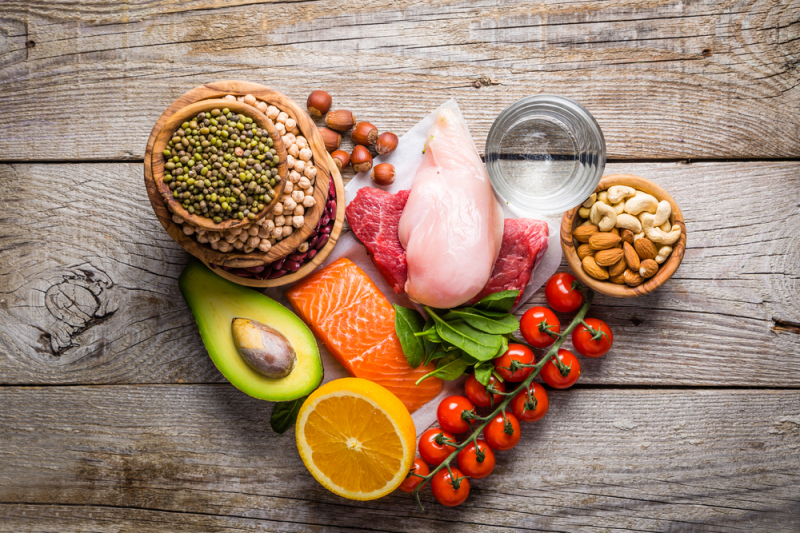
They’re Packed With Protein 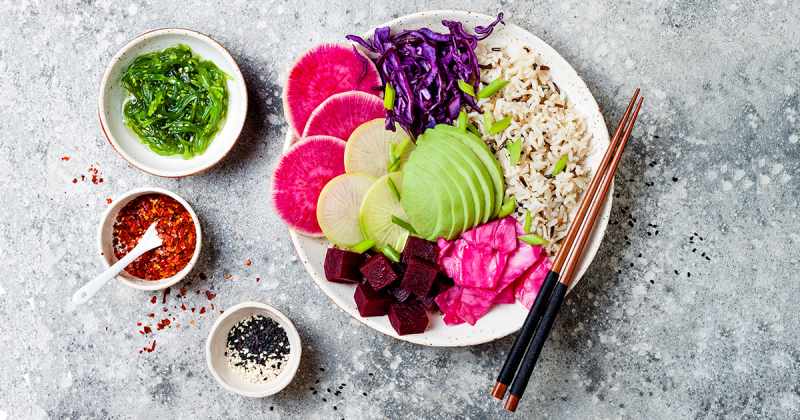
They’re Packed With Protein -
Natural sugars are not the same as refined sugars and can be found in fruits and vegetables. Natural sugars are found in fruits and vegetables, but they also include fiber, vitamins, and water, all of which are essential for a balanced diet.
On the other hand, processed foods frequently include refined sugars. High-fructose corn syrup and table sugar are the two most popular added sugars. Foods with more refined sugar often have more calories and offer fewer health benefits. There are many culprits, including ice cream, cakes, pastries, and sweets. Limiting these foods is preferable if weight reduction is your aim because eating more of them is linked to obesity. Additionally, refined sugars don't help you feel full. High consumption of refined sugar has been linked to increased levels of the hunger hormone ghrelin and decreased levels of the brain's ability to signal fullness, according to studies. Real foods are a much better choice for weight loss because they don't include processed sugars.

Real Foods Don’t Contain Refined Sugars 
Real Foods Don’t Contain Refined Sugars -
One of the many health benefits of soluble fiber is that it promotes weight loss. It thickens into a gel in the gut after mixing with water, which may help you feel less hungry by slowing the movement of food.
Another way soluble fiber may suppress appetite is by affecting the production of hormones involved in managing hunger. According to studies, soluble fiber may lessen the number of hormones your body produces to make you feel hungry. Additionally, it could boost the synthesis of hormones like glucagon-like peptide-1, peptide YY, and cholecystokinin that keep you feeling full. In general, real food has more soluble fiber than processed food. Oranges, beans, flaxseeds, sweet potatoes, and flaxseed oil are excellent sources of soluble fiber.

They’re Higher in Soluble Fiber 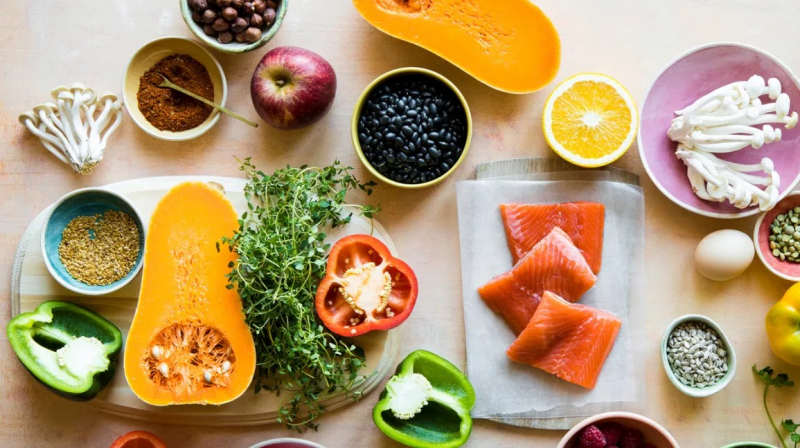
They’re Higher in Soluble Fiber -
Polyphenols, which are found in plant foods, offer antioxidant properties that help in preventing disease and may also aid in weight loss. Polyphenols are important micronutrients that must be a part of your diet.
Lignans, stilbenoids, and flavonoids are three different categories of polyphenols. Epigallocatechin gallate (EGCG) is one particular flavonoid that has been associated with weight reduction. It is present in green tea and contributes to many of its claimed benefits. For instance, by preventing the breakdown of hormones involved in fat burning like norepinephrine, EGCG may help extend their effects. Numerous studies have suggested that drinking green tea may increase calorie burning. Nuts, beans, black raisins and cloves are some foods that are rich sources of polyphenols.
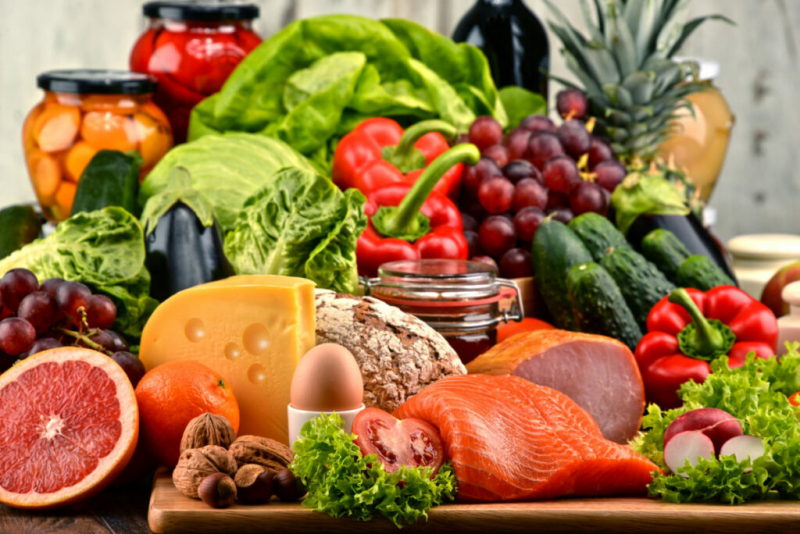
Real Foods Contain Polyphenols 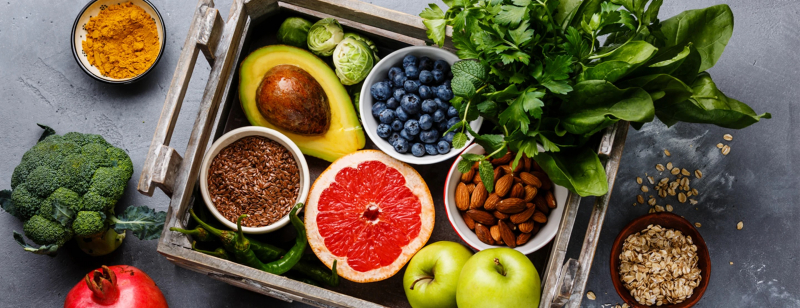
Real Foods Contain Polyphenols -
Artificial trans fats are bad for your health and your waistline, according to nutrition scientists. These fats are made artificially by pumping hydrogen molecules into vegetable oils to turn them from liquid to solid. Using this technique, processed foods like cookies, cakes, and doughnuts will have a longer shelf life.
Numerous studies have proven that consuming artificial trans fats regularly is bad for both your health and your weight. For instance, one study revealed that when compared to monkeys that had a diet high in monounsaturated fats, such as those found in olive oil, those who consumed more artificial trans fat gained weight on average by 7.2%. It's interesting to note that all the fat the monkeys gained went straight to their belly area, which raises the risk of heart disease, type 2 diabetes, and other diseases. Fortunately, artificial trans fats are absent from real foods. Natural trans fats are present in some foods, including lamb, veal, and beef.
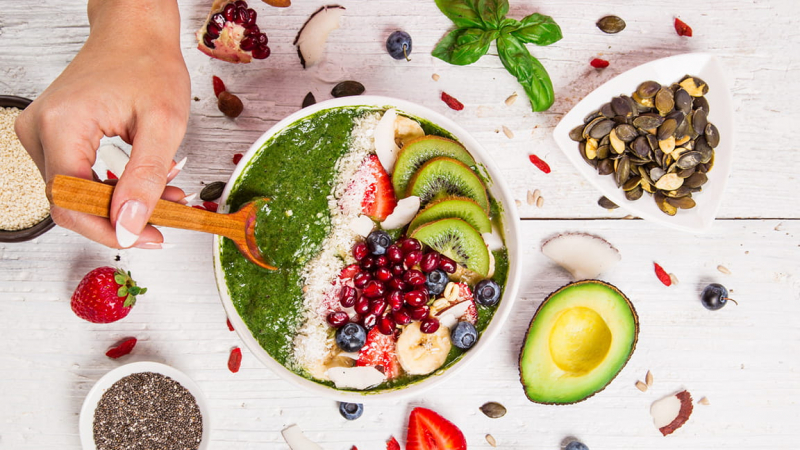
Real Foods Don’t Contain Artificial Trans Fats 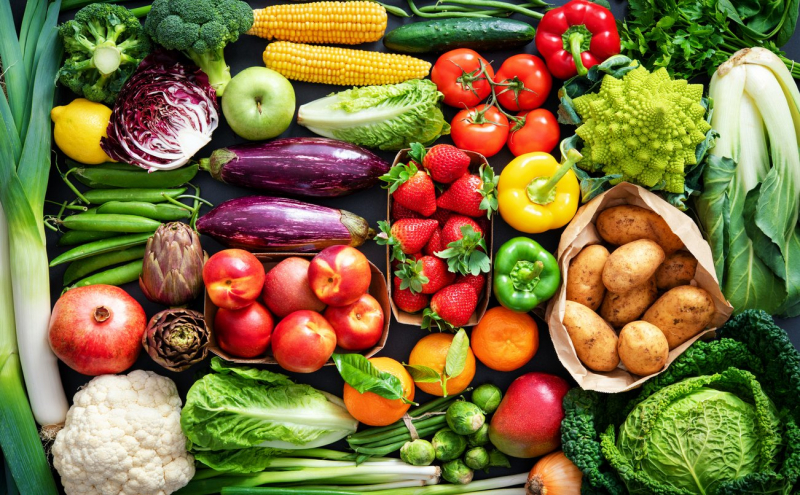
Real Foods Don’t Contain Artificial Trans Fats -
An important piece of weight reduction advice that is sometimes ignored is to take your time and eat slowly. Scientists found that those who ate slowly had much less body fat than people who ate fast. In fact, they found that slow eaters had a 42% lower risk of becoming obese than fast eaters.
Eating more slowly offers your brain more time to absorb your intake of food and identify when it is full. Since real foods often have a firmer, more fibrous texture that requires more chewing, they can aid in slowing down your eating. This simple move can help you lose weight by making you feel full with a lower amount of food. In one research involving 30 men, it was shown that those who chewed each meal 40 times consumed roughly 12% less food than those who just chewed 15 times.
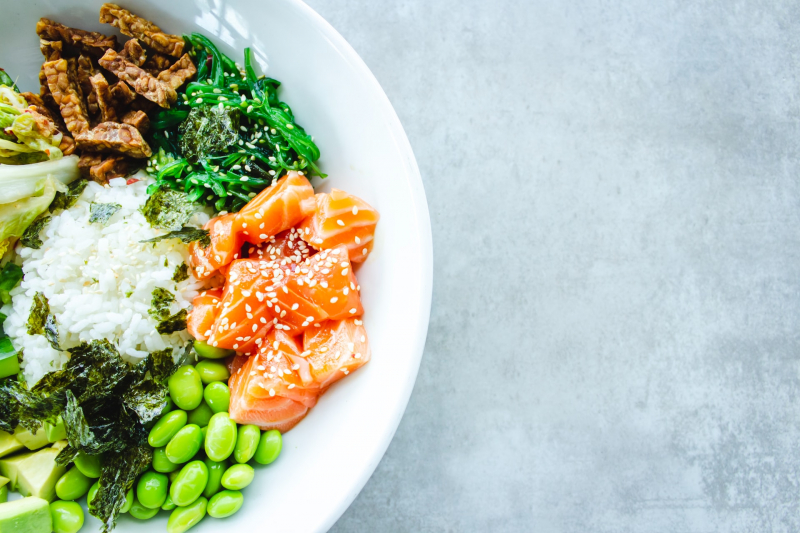
They’ll Help You Eat More Slowly 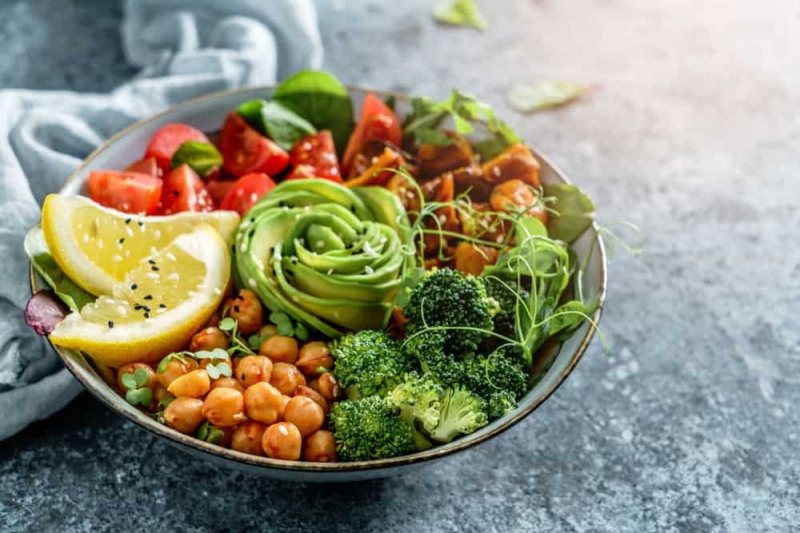
They’ll Help You Eat More Slowly -
Cravings for sugar are quite prevalent, particularly among women. In fact, up to 97% of women and 68% of men report they sometimes have food cravings, including those for sweets. People who have a sugar craving have a strong desire to consume anything sweet, and they may struggle to control themselves when it comes to eating.
This is difficult, especially if you’re someone who eats a lot of sweets. When you start limiting your sugar intake, fruits like berries and stone fruit can help fulfill your sweet cravings by offering a healthy alternative to sugar. It's also excellent to know that if you change your diet, your taste preferences might change as well. Your taste buds may adapt if you eat more whole foods, and over time, your sugar cravings may lessen or perhaps go away.
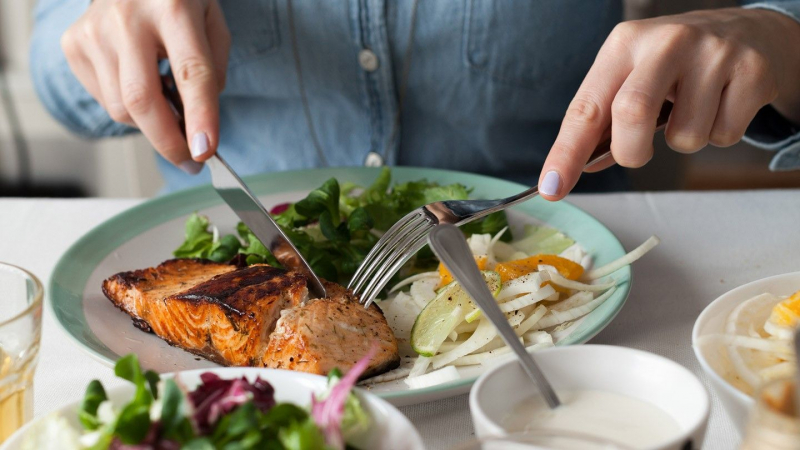
Real Foods May Reduce Sugar Cravings 
Real Foods May Reduce Sugar Cravings -
Real foods often fill up more of a plate than processed foods while providing fewer calories. This is due to the fact that many real foods contain a sizable amount of calorie-free air and water.
For instance, a single piece of bread with 66 calories would not fill up as much of your plate as 226 grams (half a pound) of cooked pumpkin, which has roughly 45 calories. Compared to foods with more calories and less volume, foods with fewer calories and greater amounts might make you feel fuller. As a result, the stomach expands and transmits a signal to the brain telling it to stop eating. Then the brain releases hormones that lessen hunger and increase feelings of fullness. Pumpkin, cucumbers, berries, and air-popped popcorn are excellent food options that are large in volume but low in calories.
You Can Eat More Food and Still Lose Weight 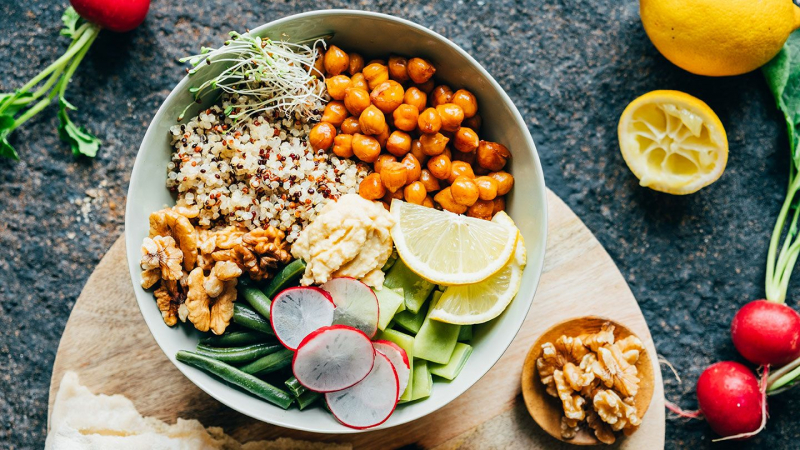
You Can Eat More Food and Still Lose Weight -
With over 1.9 billion people over the age of 18 classified as either overweight or obese, obesity becomes a worldwide health problem. It's interesting to note that the fast growth in obesity coincided with the widespread availability of highly processed foods.
One research that observed at trends in obesity and the consumption of highly processed foods in Sweden between 1960 and 2010 provides an example of these changes. According to the report, consumption of highly processed foods has increased by 142%, soda consumption has increased by 315%, and the consumption of highly processed snacks like chips and candy has increased by 367%. At the same time, obesity rates increased by more than double, rising from 5% in 1980 to over 11% in 2010. Eating more whole foods lowers the consumption of highly processed foods, which offer few nutrients, are high in empty calories and raise the risk of many diseases related to health.
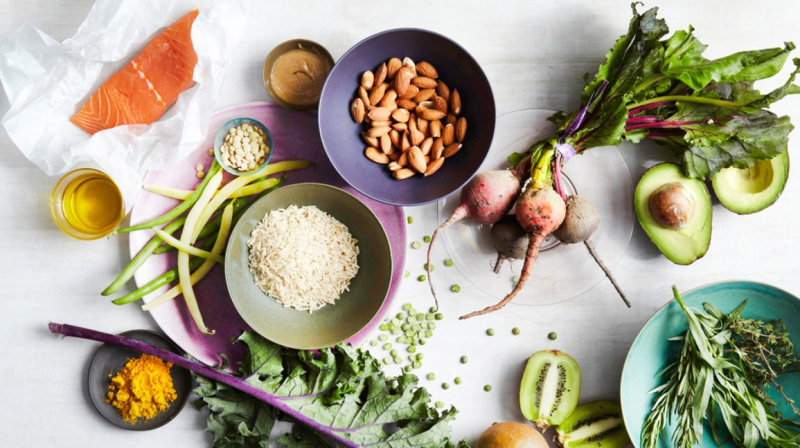
They’ll Reduce Your Consumption of Highly Processed Foods 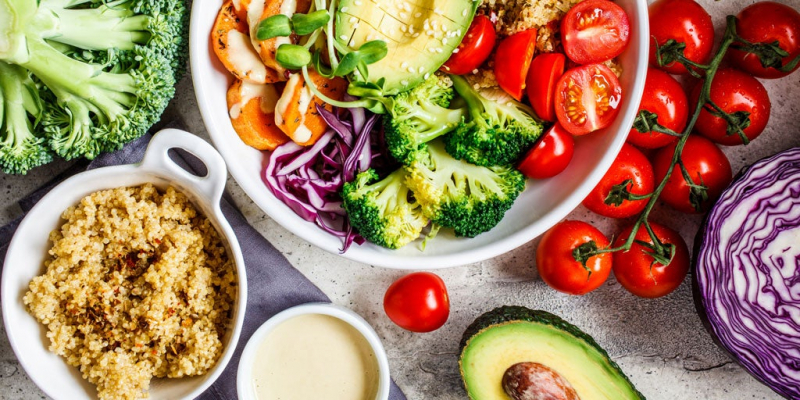
They’ll Reduce Your Consumption of Highly Processed Foods












